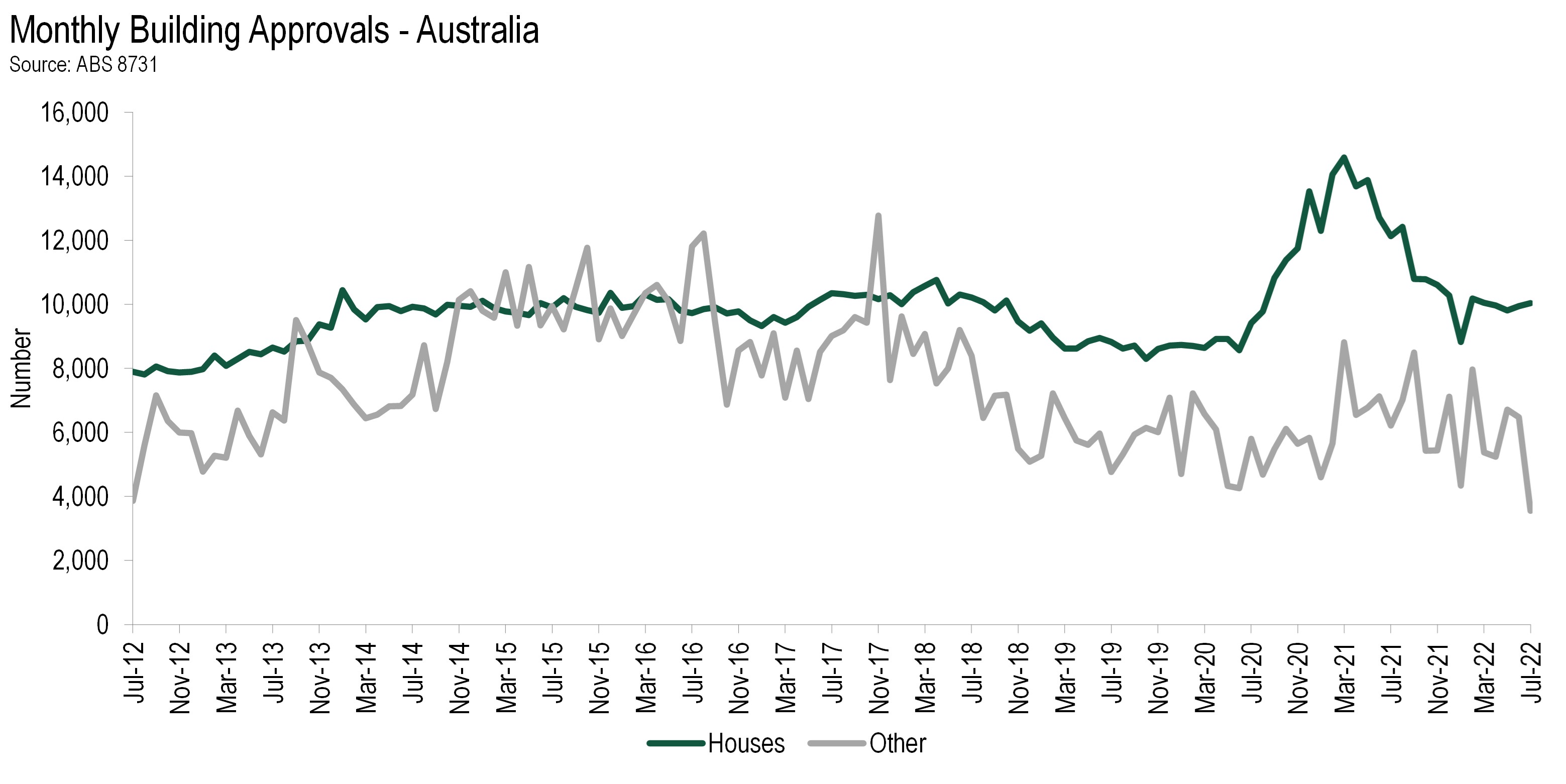Inflation worries 85pc of workers: a third moved jobs for less than $5k
ONE OF THE MAIN FOCUSES of the Job and Skills Summit this week will be how Australian workers can get wage increases while companies find and keep talented employees.
Data from an RMIT Online survey released today reveals inflation is pressuring workers to ask for pay raises and that the talent war hasn't been enough to make them satisfied with their current paychecks.
The vast majority of those interviewed (85%) say they are much more worried about the cost of living and financial compensation today than a year ago. Almost half of the respondents (47%) complained privately to peers and friends about lower pay.
Over a third of the respondents have changed jobs in the past 12 months, primarily led by higher salaries and career advancement. Of those, almost one-third (28%) moved jobs for a raise of $5,000 or less, and 61% moved for less than $10,000.
Of the other two-thirds who stayed in their companies in the past year, 75% would change for an increased wage, with most (52%) saying that it would take $10,000 or less to convince them to make a move.
Not feeling valued is the primary reason (57%) why employees are dissatisfied with their jobs, closely followed by not having an adequate salary for their role (51%).
"Our survey shows Australians are really feeling the impact of the rising cost of living and inflation. However, while a higher salary may sway some employees in the short term; if an employee is unhappy or unsupported in their role, better remuneration alone will not be sufficient to facilitate long-term retention,” RMIT Online Interim CEO Claire Hopkins said. .
“Future career opportunities were the second highest driver for Australians looking for a new role. The current labour market demands employers weigh up their entire employee value proposition. This includes personal development and upskilling to help team members feel recognised, challenged and excited for their own career development.”
Graphs and data
[ENDS]
Survey methodology
The survey was produced by the RMIT Online team in partnership with the market research company IPSOS. In total, the research team interviewed 800 Australian workers between August 8 and 15, 2022. The positions were classified as managers (executive or business owner, CEO, director and manager) and non-managers (employees and interns).
About RMIT Online
RMIT Online was created by RMIT University to provide a world-class digital learning experience at the nexus of business, design and technology, leaning into future of work needs to equip students with in-demand skills and qualifications. RMIT Online teams up with industry thought leaders and experts to deliver the best in flexible education using the latest digital tools and technologies for a highly interactive, virtual cohort experience. RMIT Online is dedicated to achieving its mission of future-ready careers and creating a “community of lifelong learners, successfully navigating the world of work".
ends

 How to resolve AdBlock issue?
How to resolve AdBlock issue? 